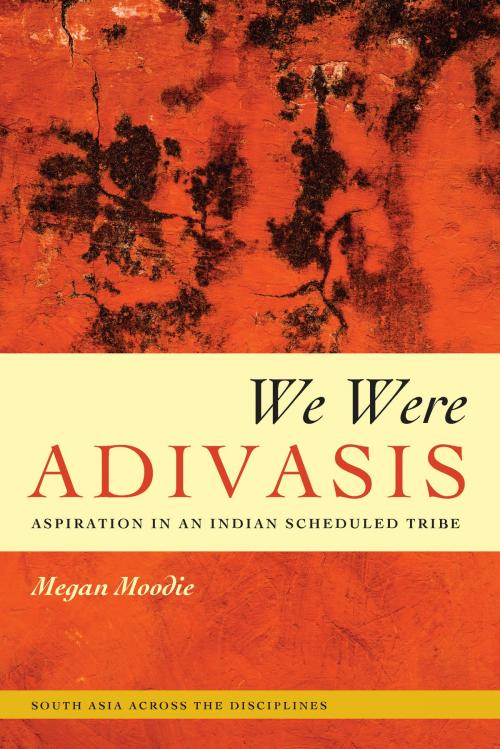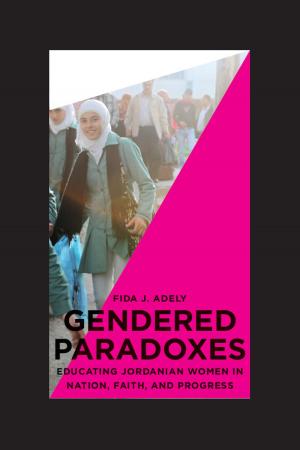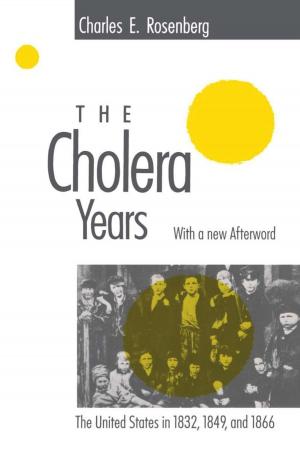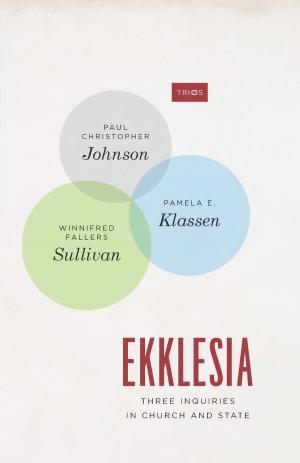We Were Adivasis
Aspiration in an Indian Scheduled Tribe
Nonfiction, History, Asian, India, Social & Cultural Studies, Social Science, Anthropology| Author: | Megan Moodie | ISBN: | 9780226253183 |
| Publisher: | University of Chicago Press | Publication: | August 20, 2015 |
| Imprint: | University of Chicago Press | Language: | English |
| Author: | Megan Moodie |
| ISBN: | 9780226253183 |
| Publisher: | University of Chicago Press |
| Publication: | August 20, 2015 |
| Imprint: | University of Chicago Press |
| Language: | English |
In We Were Adivasis, anthropologist Megan Moodie examines the Indian state’s relationship to “Scheduled Tribes,” or adivasis—historically oppressed groups that are now entitled to affirmative action quotas in educational and political institutions. Through a deep ethnography of the Dhanka in Jaipur, Moodie brings readers inside the creative imaginative work of these long-marginalized tribal communities. She shows how they must simultaneously affirm and refute their tribal status on a range of levels, from domestic interactions to historical representation, by relegating their status to the past: we were adivasis.
Moodie takes readers to a diversity of settings, including households, tribal council meetings, and wedding festivals, to reveal the aspirations that are expressed in each. Crucially, she demonstrates how such aspiration and identity-building are strongly gendered, requiring different dispositions required of men and women in the pursuit of collective social uplift. The Dhanka strategy for occupying the role of adivasi in urban India comes at a cost: young women must relinquish dreams of education and employment in favor of community-sanctioned marriage and domestic life. Ultimately, We Were Adivasis explores how such groups negotiate their pasts to articulate different visions of a yet uncertain future in the increasingly liberalized world.
In We Were Adivasis, anthropologist Megan Moodie examines the Indian state’s relationship to “Scheduled Tribes,” or adivasis—historically oppressed groups that are now entitled to affirmative action quotas in educational and political institutions. Through a deep ethnography of the Dhanka in Jaipur, Moodie brings readers inside the creative imaginative work of these long-marginalized tribal communities. She shows how they must simultaneously affirm and refute their tribal status on a range of levels, from domestic interactions to historical representation, by relegating their status to the past: we were adivasis.
Moodie takes readers to a diversity of settings, including households, tribal council meetings, and wedding festivals, to reveal the aspirations that are expressed in each. Crucially, she demonstrates how such aspiration and identity-building are strongly gendered, requiring different dispositions required of men and women in the pursuit of collective social uplift. The Dhanka strategy for occupying the role of adivasi in urban India comes at a cost: young women must relinquish dreams of education and employment in favor of community-sanctioned marriage and domestic life. Ultimately, We Were Adivasis explores how such groups negotiate their pasts to articulate different visions of a yet uncertain future in the increasingly liberalized world.















